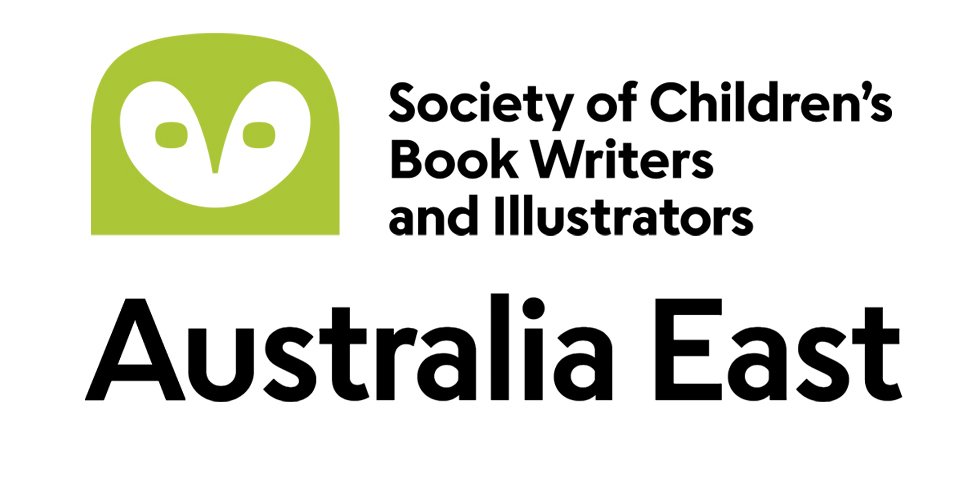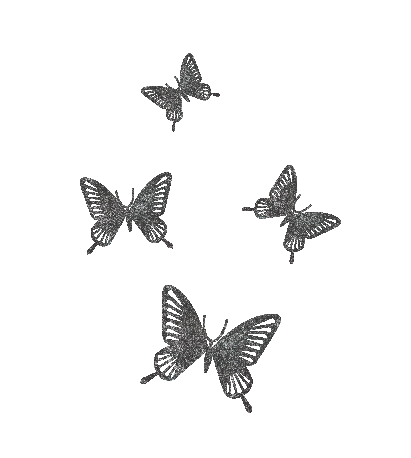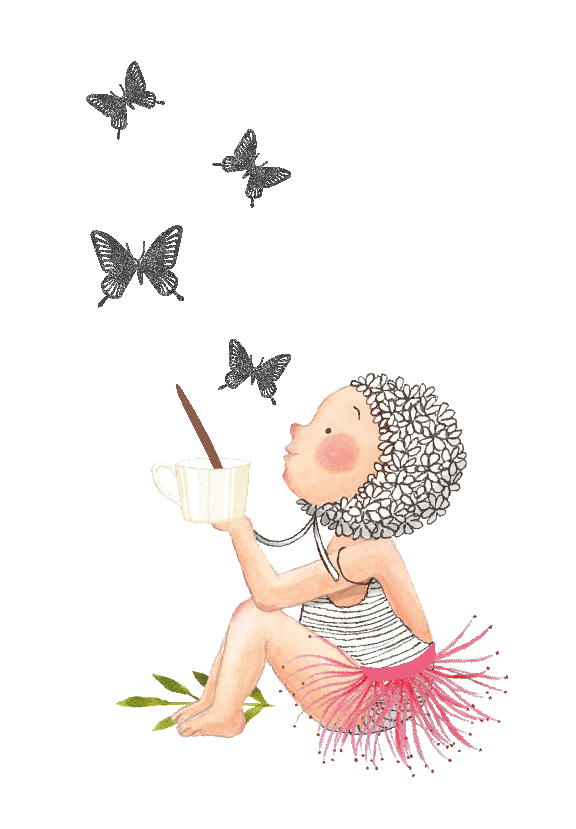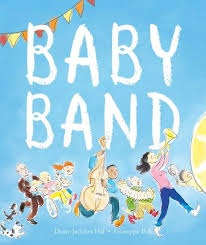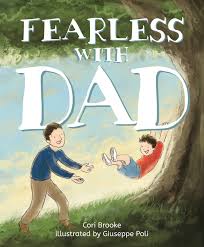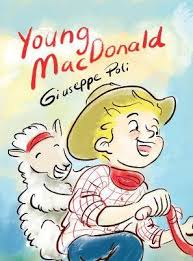It’s a beautiful time to be in the garden in SE Queensland. Meet two of our ‘homegrown’ - well we like to think of them that way - Queensland based gardeners today, aka our Roving Reporters. Both Giuseppe and Katrin have roved for us before and will be reporting in the style they know best - with fabulous illustrations! Raise your garden trowels for the inspiring:
My name is Giuseppe Poli. I’m a Brisbane based Children’s Picture Book Author Illustrator, and after four years in the children’s literature scene, I am currently illustrating my tenth picture book. In 2018 my Author Illustrator debut, Young MacDonald, was published by Yellow Brick Books and my wife, Katie Poli, and I also released our debut as a children’s picture book team, Marvellous Mummy, published by New Frontier Publishing in Australia and the UK. My eighth book, Invisible Jerry, written by Adam Wallace and published by EK Books is due out November 2018 in Australia and will be released into the UK and the US.
I have two goals - to be a prolific Children’s Picture Book Author Illustrator creating incredibly beautiful, wondrous and emotive Children’s Picture Books and to share what I learn about the creative process with others.
I look forward to sharing this marvellous journey with you.
Invisible Jerry comes out Nov 2018.
Is this your first SCWBI Conference? If not how many have you attended, where?
No. This will be my second. My first was Sydney 2016 - which was AWESOME!
What is the most memorable (SCBWI) Conference experience you’ve had to date, or hope to have?
I'd have to say being a Roving Report :-) and meeting some amazing people.
What endears you most about the Kids’ Literary Industry and your role in it?
I am a big believer in learning, growing and playing. It's just magical that we can create wonderful experiences for children and also challenge ourselves to become better. Our art form is as limitless as the stars above though in that great expanse, whilst our journeys may feel lonesome, the kid lit community is always there to support you, wrapping you up like a warm, loving hug from grandma. I love creating and I love sharing and helping others grow. I feel completely at home in this industry.
Name one thing you cannot live without.
Apart from my wife and family, the one thing I can't live without is creating. I get frustrated if it's been a while since I've made something.
Discover what Giuseppe is busy making at: www.giuseppepoli.com
Keep banging those gardening forks together for the irrepressible:
Katrin is Germany born and raised but moved to Australia with her husband and three children. Now she lives in a wooden house on stilts next to a creek filled with snakes, strange sounding birds and poisonous toads and keeps hoping to spot a Koala one day.
She is self-taught and creates quirky illustrations that feature different media, texture and techniques that children are familiar with and speak to them. Katrin’s first picture book has been awarded “Notable Book 2018” by the Children’s Book Council of Australia, short-listed for the 2018 Speech Pathology Australia Award and she also delivered illustrations for a highly successful video animation production on YouTube.
Katrin also teaches art to children and bribes them with lollies to clean up afterwards. Additionally she conducts workshops for both adults and children. In her free time Katrin enjoys walking her big Golden Retriever Loki who loves to eat and watch Marvel movies just as much as her.
Is this your first SCWBI Conference? If not how many have you attended, where?
It’s my second - I attended the SCBWI conference in Sydney 2 years ago.
What is the most memorable (SCBWI) Conference experience you’ve had to date, or hope to have?
I loved the community and am pretty sure it will be amazing again 😊
What endears you most about the Kids’ Literary Industry and your role in it?
Its creativity and caring.
Name one thing you cannot live without.
My morning coffee I think?
Soak up more of Katrin’s awesome artwork at: www.katrindreiling.com
Keep your brollies handy because we have a barrow-load more fun and fascinating reporters for you to meet. Till then,
Rove ya later!
Dimity - Head Gardener
#SCBWISyd
Artwork courtesy of Tania McCartney
